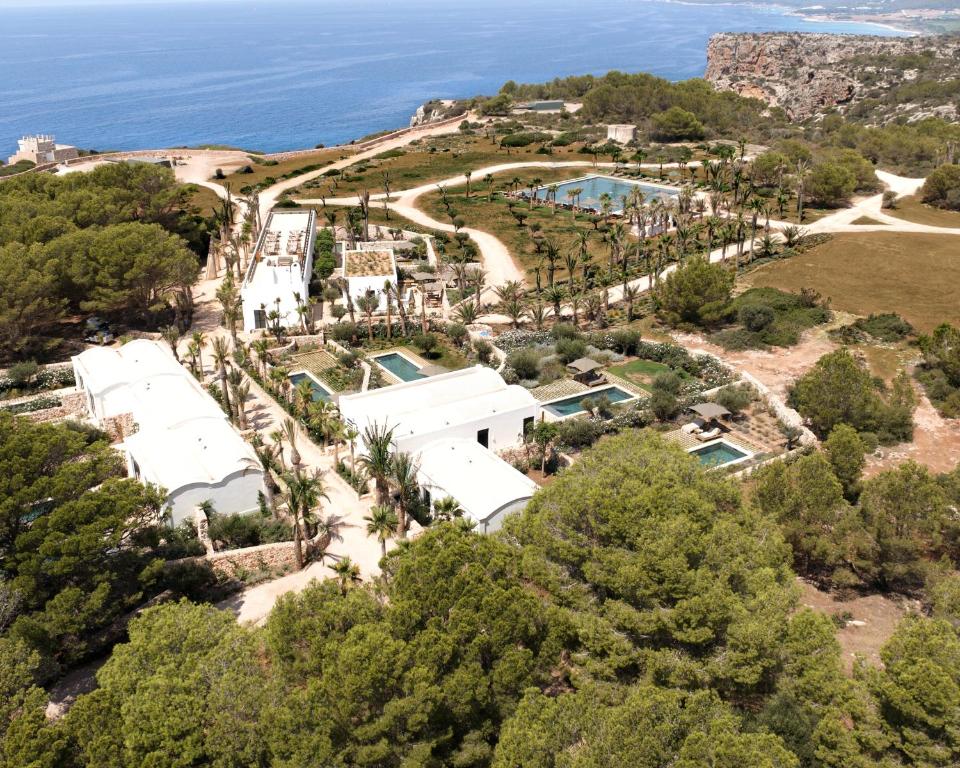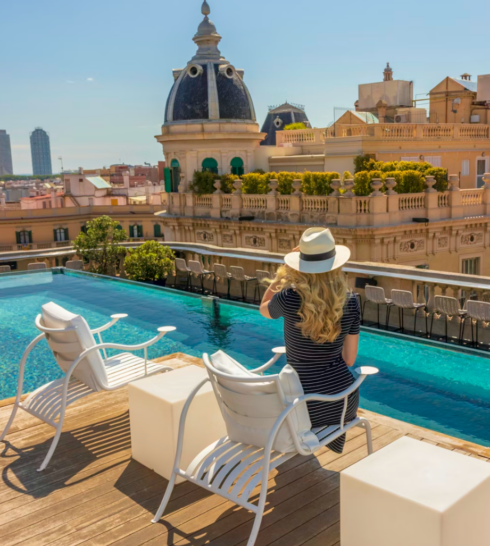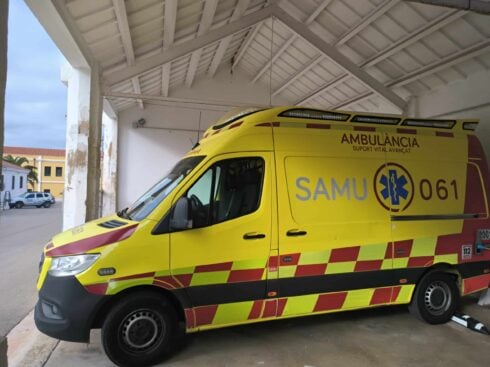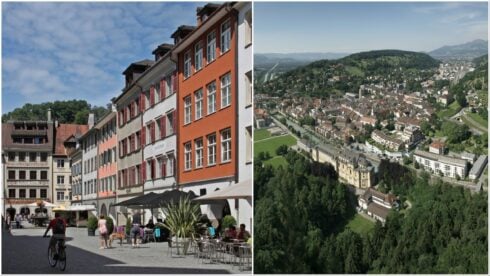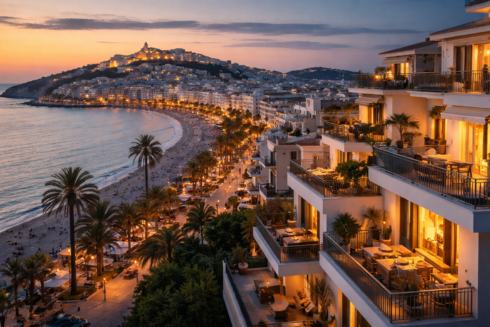AUTHORITIES in Menorca have shut down an illegal well supplying a luxury hotel where suites cost up to $3,000 a night, even as the island suffers one of its worst droughts in decades.
The Cap Menorca agrotourism complex, which boasts 15 swimming pools and its own fleet of yachts, was found to be extracting 40,000 litres of drinking water every day from a clandestine well.
The discovery comes as the island’s 100,000 residents face severe water restrictions, with public fountains closed, car washing banned, and gardens dried up.
Officials say reserves are down to just 38%, the lowest level in 40 years, while the island’s summer population swells to nearly 300,000 with tourists.
The hotel, located in Alaior, opened only last year but is already facing questions over its environmental credentials.
Its owner, French businessman Laurent Morel-Ruymen, received €1 million in EU Next Generation funds in 2021 for the project, which was promoted as environmentally sustainable.
On its website, the company still describes itself as committed to “minimal intervention” in the landscape, despite admitting that illegal water extraction took place until last month.
Local opposition councillors say the case is just the latest in a series of irregularities involving luxury hotels in the area.

They accuse the Alaior mayor, Jose Luis Benejam of the conservative Partido Popular, of turning a blind eye to environmental violations by powerful investors.
Benejam rejects responsibility, insisting that oversight of rural wells and land use lies with regional and national authorities, not his council.
Environmental activists argue that the local government does have tools to monitor major water users and that failing to act sends the message that wealthy hoteliers are protected.
Other luxury resorts in the municipality, including Torrevella and Menorca Experimental, have also been investigated over illegal pools or water use, but were later regularised through controversial permits.
The scandal has sparked anger among residents who are being asked to cut back their water use while tourists enjoy luxury amenities.
READ MORE: West Nile Fever hits Spain’s Balearics: First case confirmed in horse on Menorca
Some neighbours describe the arrangement as a “modus operandi” between foreign investors and local officials, one that allows fines to be avoided while natural resources are depleted.
Tension has risen in Alaior, with graffiti appearing that targets Morel-Ruymen by name, though most residents interviewed condemned vandalism and stressed that what they want is equal treatment under the law.
For many locals, the issue goes beyond water.
They argue that what was once public land, a former military site, has been turned into an enclave for the super-rich, with profits leaving the island while residents struggle with scarcity.
Click here to read more Spain News from The Olive Press.

